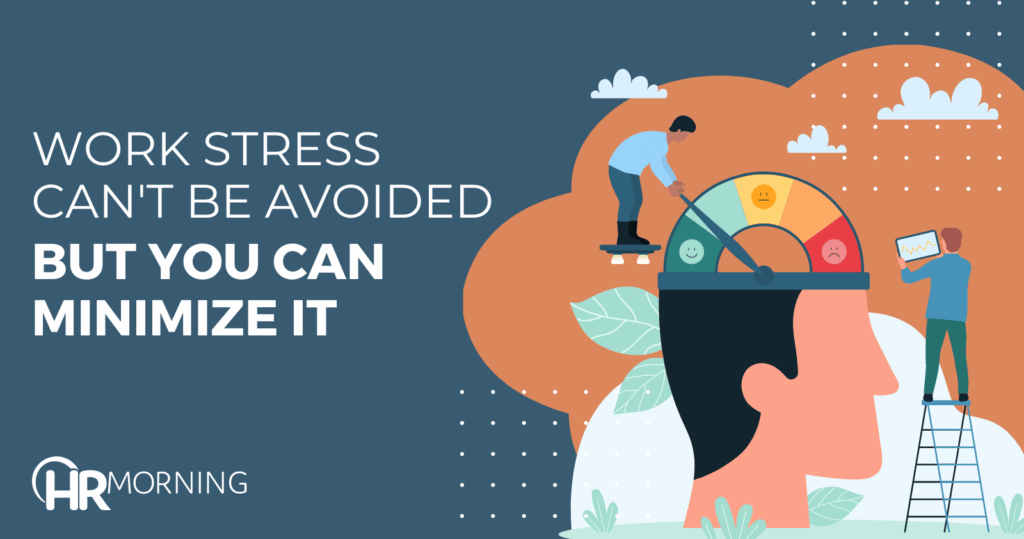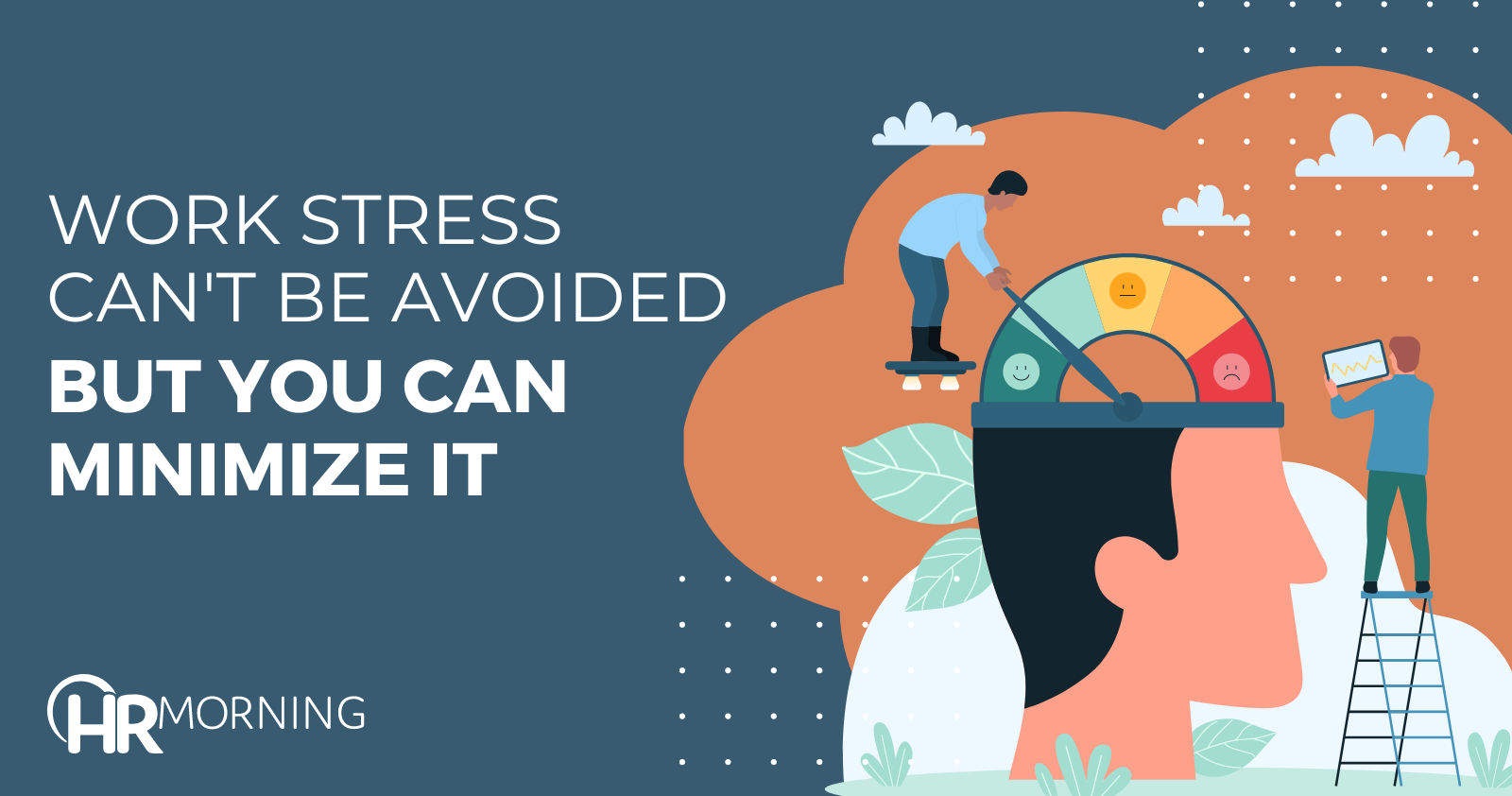
Effective Ways to Destress at Work: A Comprehensive Guide
Workplace stress is a pervasive issue affecting professionals across various industries. The demands of deadlines, interpersonal dynamics, and the constant pressure to perform can take a significant toll on mental and physical well-being. Recognizing and addressing stress at work is crucial for maintaining productivity, fostering a positive work environment, and safeguarding individual health. This comprehensive guide explores several practical and effective ways to destress at work, offering actionable strategies that individuals and organizations can implement.
Understanding Workplace Stress
Before delving into solutions, it’s important to understand the nature of workplace stress. Stress is a physiological response to demands or pressures that exceed an individual’s perceived ability to cope. Chronic stress can lead to burnout, anxiety, depression, and a host of physical ailments. Identifying the sources of stress is the first step in managing it effectively. Common stressors include:
- Heavy workloads
- Tight deadlines
- Lack of control over tasks
- Poor communication
- Interpersonal conflicts
- Job insecurity
Practical Strategies to Destress at Work
Prioritize and Manage Your Time
Effective time management is a cornerstone of stress reduction. Overwhelmed employees often feel like they’re constantly playing catch-up, exacerbating their stress levels. Implementing strategies like the Eisenhower Matrix (urgent/important) or the Pomodoro Technique can help prioritize tasks and break them down into manageable chunks. Allocating specific time slots for different activities and sticking to a schedule can create a sense of control and reduce the feeling of being overwhelmed. [See also: Time Management Techniques for Professionals]
Take Regular Breaks
Stepping away from your workstation for short, regular breaks is essential for mental and physical rejuvenation. Short breaks throughout the day can significantly reduce stress levels. Utilize break times to stretch, walk around, practice mindfulness, or engage in a relaxing activity. Even a five-minute break every hour can make a noticeable difference. Avoid eating lunch at your desk; instead, use this time to socialize with colleagues or find a quiet place to unwind.
Practice Mindfulness and Meditation
Mindfulness and meditation techniques can be powerful tools for managing stress. Mindfulness involves focusing on the present moment without judgment, allowing you to observe your thoughts and feelings without getting carried away by them. Meditation, even for a few minutes each day, can calm the mind, reduce anxiety, and improve overall well-being. There are numerous apps and online resources that offer guided meditations specifically designed for workplace stress. Finding a quiet space in the office or using noise-canceling headphones can help create a conducive environment for meditation. Learning ways to destress at work through mindfulness can be transformative.
Communicate Effectively
Poor communication is a significant contributor to workplace stress. Misunderstandings, lack of clarity, and unresolved conflicts can create tension and anxiety. Practicing assertive communication, which involves expressing your needs and opinions respectfully and clearly, can help prevent these issues. When faced with a challenging situation, schedule a meeting with the relevant parties to discuss the problem and find a mutually agreeable solution. Active listening, which involves paying attention to what others are saying and acknowledging their perspectives, is also crucial for effective communication. If you are feeling stressed, communicating your concerns to your manager or a trusted colleague can provide support and potentially lead to solutions. It’s a key ways to destress at work.
Set Boundaries
Establishing clear boundaries between work and personal life is vital for preventing burnout. In today’s hyper-connected world, it’s easy to feel like you’re always “on.” Setting boundaries involves defining when you’re available for work-related tasks and when you’re not. This may mean turning off email notifications after work hours, avoiding work-related calls on weekends, or clearly communicating your availability to colleagues and clients. Respecting your own boundaries and encouraging others to do the same can significantly reduce stress levels. Learning to say “no” to additional tasks when you’re already overwhelmed is also an important aspect of setting boundaries. It’s one of the most important ways to destress at work.
Create a Comfortable Workspace
The physical environment in which you work can have a significant impact on your stress levels. Creating a comfortable and organized workspace can promote a sense of calm and control. Ensure that your chair is ergonomically designed to support your posture, and adjust your monitor to reduce eye strain. Keep your desk clutter-free and organized, and personalize your space with items that bring you joy, such as plants, photos, or artwork. Natural light and fresh air can also improve mood and reduce stress. If possible, position your desk near a window or take short walks outside during breaks. A well-designed workspace is a crucial ways to destress at work.
Engage in Physical Activity
Physical activity is a powerful stress reliever. Exercise releases endorphins, which have mood-boosting effects. Even a short walk during lunch break can help clear your head and reduce tension. Consider incorporating more physical activity into your workday by taking the stairs instead of the elevator, walking or biking to work, or participating in a lunchtime exercise class. If you have a sedentary job, make an effort to stand up and stretch regularly. Regular physical activity is a vital ways to destress at work.
Seek Support
Don’t hesitate to seek support from colleagues, friends, family, or mental health professionals when you’re feeling overwhelmed. Talking about your stress can help you gain perspective and identify potential solutions. Many companies offer employee assistance programs (EAPs) that provide confidential counseling and support services. If you’re struggling with chronic stress, consider seeking professional help from a therapist or counselor. Building a strong support network is essential for managing stress effectively. Knowing you’re not alone in facing challenges is a significant ways to destress at work.
Practice Gratitude
Focusing on the positive aspects of your work and life can help shift your perspective and reduce stress. Take a few minutes each day to reflect on things you’re grateful for, whether it’s a supportive colleague, a successful project, or a personal accomplishment. Keeping a gratitude journal can help you cultivate a more positive outlook. Acknowledging and appreciating the good things in your life can buffer the negative effects of stress. Practicing gratitude is one of simple yet effective ways to destress at work.
Learn to Delegate
If you’re feeling overwhelmed by your workload, consider delegating tasks to others. Delegating not only frees up your time but also empowers your colleagues and fosters a sense of teamwork. Identify tasks that can be effectively handled by others and clearly communicate your expectations. Providing support and guidance to your colleagues can ensure that delegated tasks are completed successfully. Effective delegation is a valuable skill for managing stress and improving overall productivity. Knowing when and how to delegate is a crucial ways to destress at work.
Limit Exposure to Negativity
Gossip, negativity, and toxic work environments can significantly contribute to stress. Limit your exposure to these elements by avoiding negative conversations, setting boundaries with negative individuals, and focusing on positive interactions. Seek out colleagues who are supportive and encouraging, and create a positive environment around you. If you’re consistently exposed to negativity, consider speaking to your manager or HR department about the issue. Reducing exposure to negativity is a proactive ways to destress at work.
Take a Vacation
Sometimes, the best way to destress is to take a break from work altogether. Taking a vacation allows you to disconnect from the demands of your job and recharge your batteries. Plan a trip that you’ll enjoy, whether it’s a relaxing beach vacation, an adventurous hiking trip, or a cultural exploration. Use your vacation time to focus on activities that bring you joy and relaxation. Returning to work after a vacation can provide you with a fresh perspective and renewed energy. Planning a vacation is a proactive ways to destress at work.
Improve Sleep Hygiene
Lack of sleep can exacerbate stress levels, creating a vicious cycle. Prioritize getting enough sleep by establishing a regular sleep schedule, creating a relaxing bedtime routine, and optimizing your sleep environment. Avoid caffeine and alcohol before bed, and limit your exposure to screens in the evening. A dark, quiet, and cool bedroom can promote better sleep. Aim for at least seven to eight hours of sleep per night. Improving sleep hygiene is essential for managing stress and improving overall well-being. Sufficient sleep is one of the most underrated ways to destress at work.
Re-evaluate Your Career Path
If you consistently experience high levels of stress at work despite implementing stress-management strategies, it may be time to re-evaluate your career path. Consider whether your current job aligns with your values, interests, and skills. If it doesn’t, explore alternative career options that may be a better fit. Seeking career counseling or networking with professionals in different fields can help you gain clarity and identify potential opportunities. Sometimes, the most effective ways to destress at work involves finding a more fulfilling career.
Conclusion
Managing stress at work is an ongoing process that requires a combination of individual effort and organizational support. By implementing the strategies outlined in this guide, individuals can take proactive steps to reduce stress, improve their well-being, and enhance their productivity. Organizations also have a responsibility to create a supportive work environment that promotes mental health and reduces workplace stress. Remember that finding effective ways to destress at work is not a luxury, but a necessity for a healthy and productive professional life. Prioritizing well-being not only benefits individuals but also contributes to a more engaged and successful workforce.

